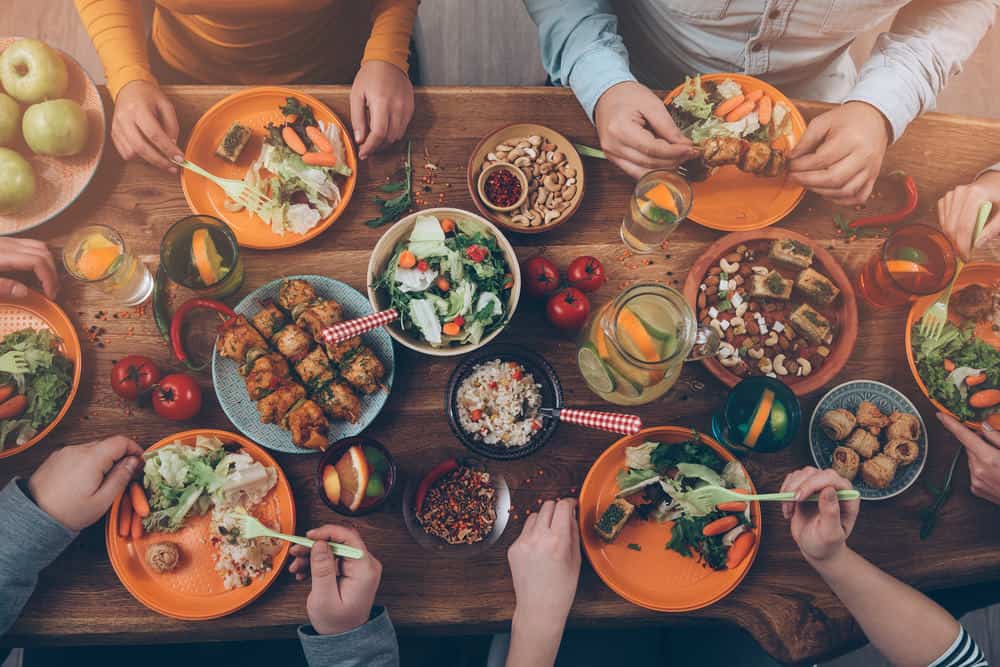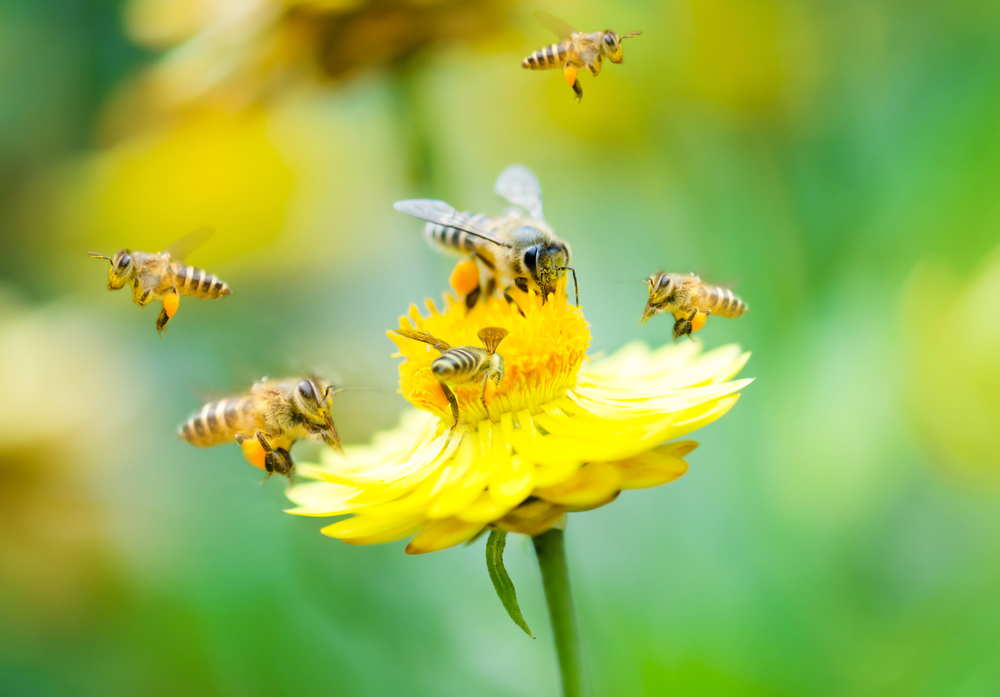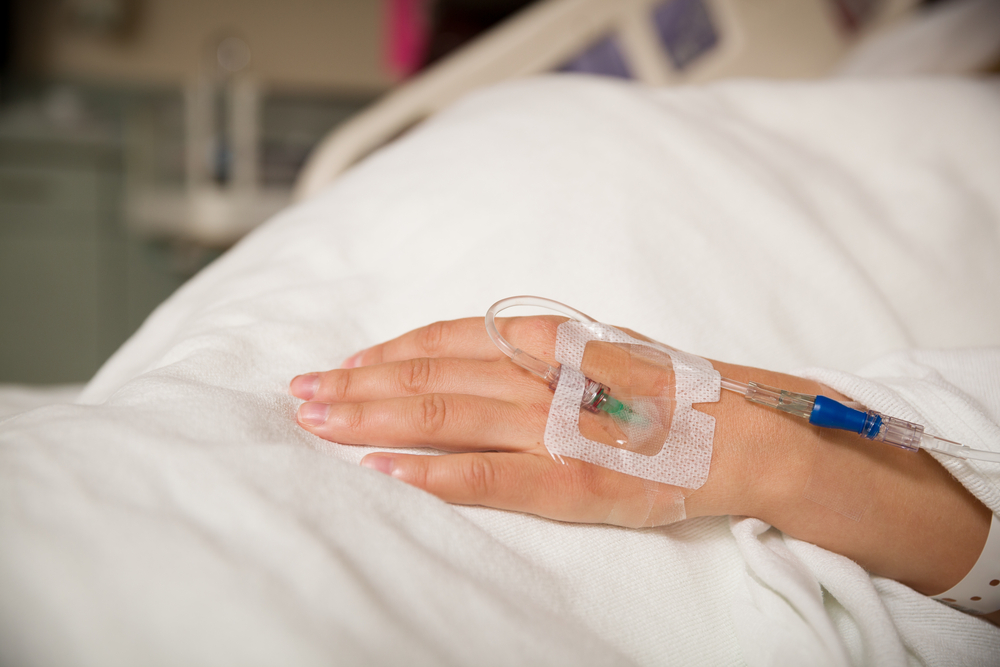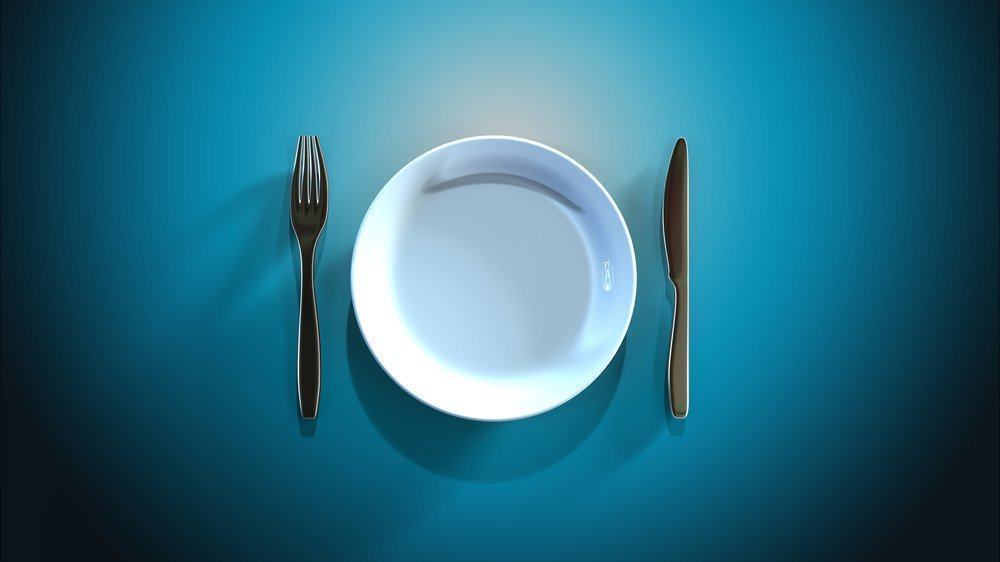Contents:
- Medical Video: What to eat for Sehri & Iftar - Etiquettes for Ramadan (2017)
- 1. Coffee
- 2. Salty food
- 3. Simple carbohydrates
- 4. Spicy food
- 5. High-fat foods
Medical Video: What to eat for Sehri & Iftar - Etiquettes for Ramadan (2017)
One of the important meal times during the fasting period is sahur. All you have to pay attention at dawn is that you eat food that will be your energy for approximately the next 12 hours during fasting. So, you have to really take into account what kind of food you consume. Here are some types of foods that you should avoid when eating sahur:
1. Coffee
One reason why coffee should be avoided when suhoor is because of the laxative nature of coffee. You may notice the frequency of your toilet increases after consuming coffee. This is because there are components in coffee that stimulate the work of the large intestine so that the body then removes the rest of the digestion faster.
In addition, the acidic properties of coffee can also interfere with your stomach's comfort. Component called chlorogenic acid can trigger an increase in stomach acidity and increase stomach acid production. Other components in coffee can also speed up the work of the digestive system.
2. Salty food
Besides of course it can cause hypertension, salty food can actually stimulate thirst. You definitely don't want to feel thirsty all day because of the salty food you eat at dawn.
Examples of foods you can avoid at dawn to avoid thirst are pickles, marinated beans, kuaci, and canned food. These types of foods include those that have high salt levels so that they can trigger thirst. You can also reduce the amount of salt and flavoring that you use in cooking.
3. Simple carbohydrates
When you fast, your body does not receive intake for more than 12 hours, while you still use energy to work and move. If at dawn, your body does not get enough fuel, it is not impossible that you quickly feel tired during fasting. At dawn, you are advised to eat foods that are included in complex carbohydrates? Why so?
If you eat complex carbohydrates, the energy derived from these foods will be released slowly to the body. So you have more energy reserves for you to use at the hours where you fast.
Examples of foods included in complex carbohydrates are brown rice, barley, oats and oats. You can look for foods that are of low glycemic type, because usually foods that are low in glycemic value are included in foods of complex carbohydrate types.
Then what happens if you eat a lot of simple carbohydrates? You may feel full faster but after that you feel hungry again quickly. This is because work from simple carbohydrates is the opposite of complex carbohydrates. The energy produced from complex carbohydrates is immediately released into the body so it won't last long to help you feel full while you fast.
Examples of simple carbohydrates are sugar, dairy products and processed products, soft drinks, sweets, cakes, and the like. Not that you should not consume simple carbohydrates, but offset the consumption of complex carbohydrates to help you stay fit while fasting.
4. Spicy food
Just like salty food, spicy food can trigger constant thirst. In addition, those who suffer from ulcers are advised to avoid spicy food because it can trigger an increase in stomach acid and potentially cause pain in the upper abdomen. And, for some people, spicy foods trigger stomach aches.
5. High-fat foods
Foods that contain high fat work in two ways. First, foods high in fat can inhibit and slow down the emptying process of the stomach, which worsens the symptoms of constipation. Secondly, high-fat foods can speed up the digestive system's work, causing diarrhea. The effect of these high-fat foods depends on what type of fat you eat and your tendency to react to high-fat foods.
At dawn, you should reduce the types of foods high in fat to avoid constipation or diarrhea during fasting. Alternatively, you can consume the same type of food but with different processing methods. For example, replace the fried chicken menu into grilled chicken.












